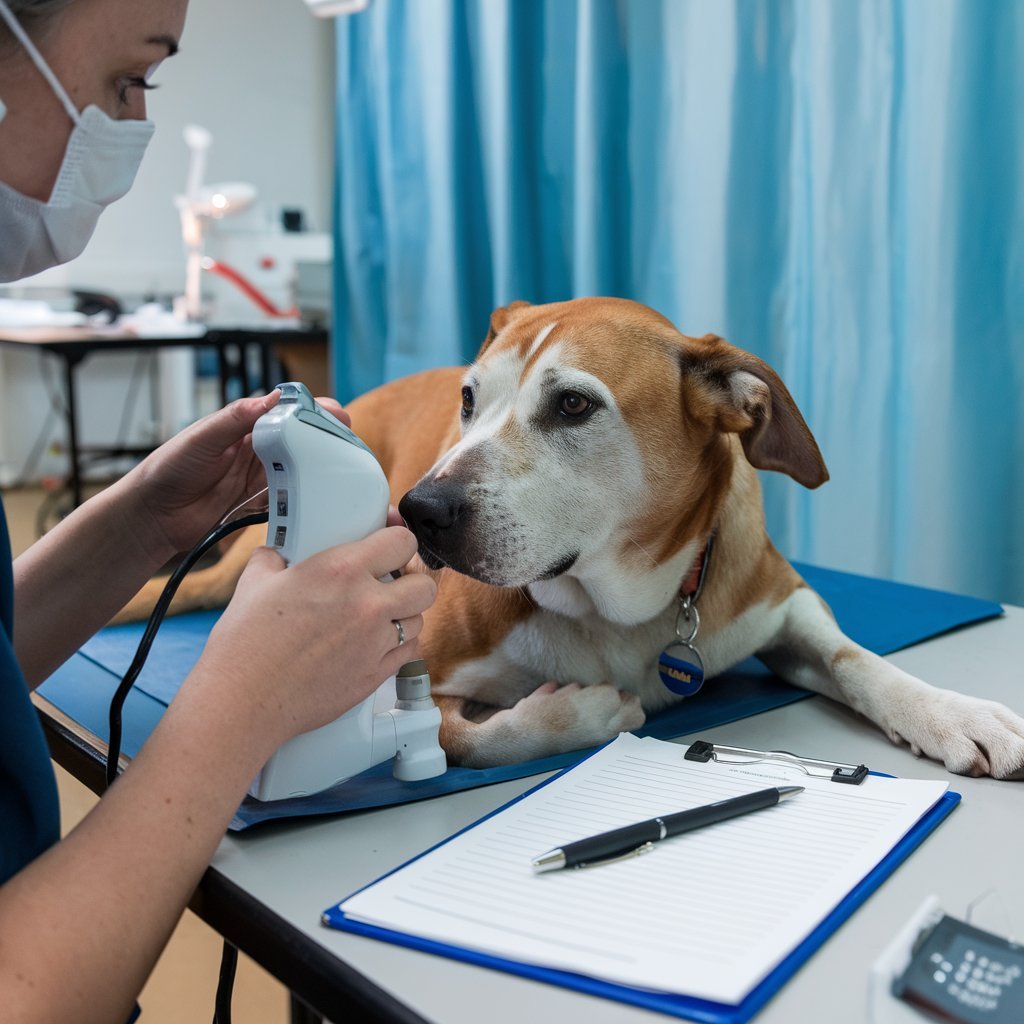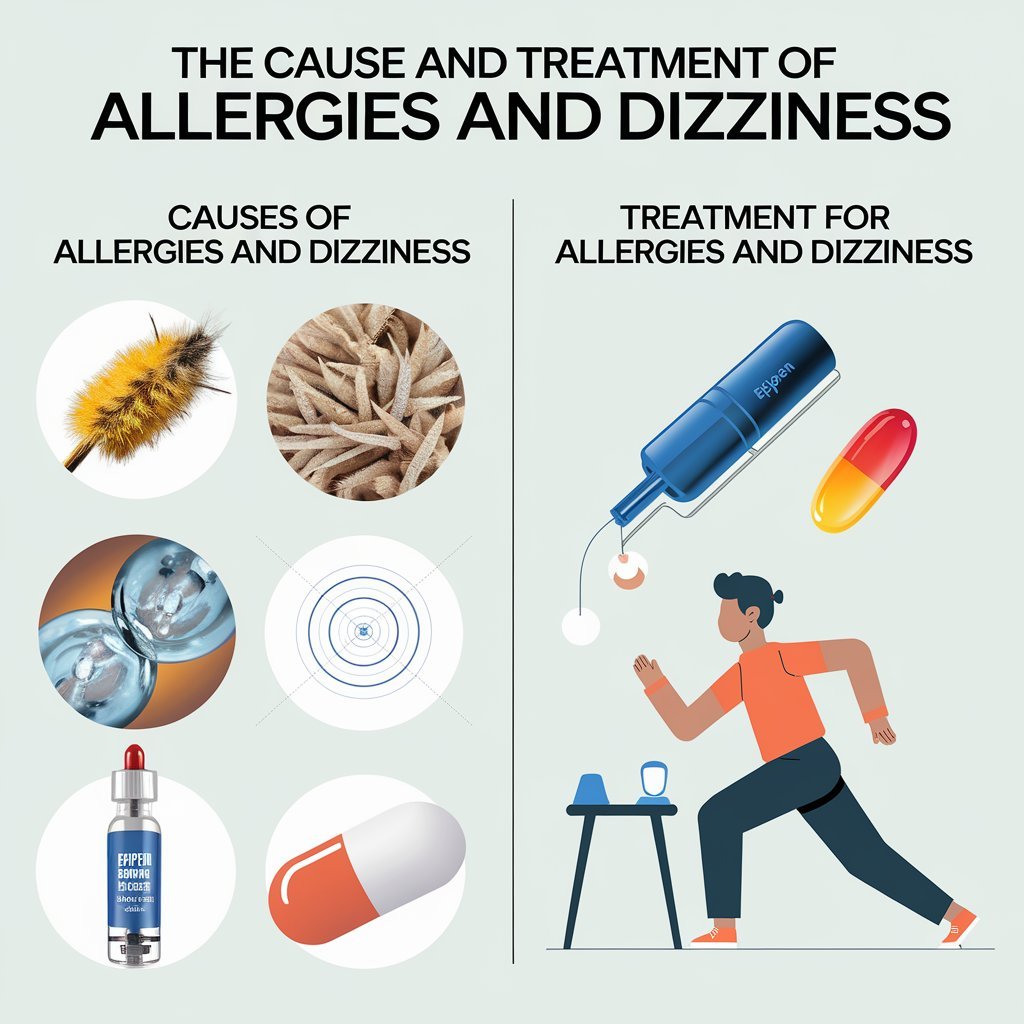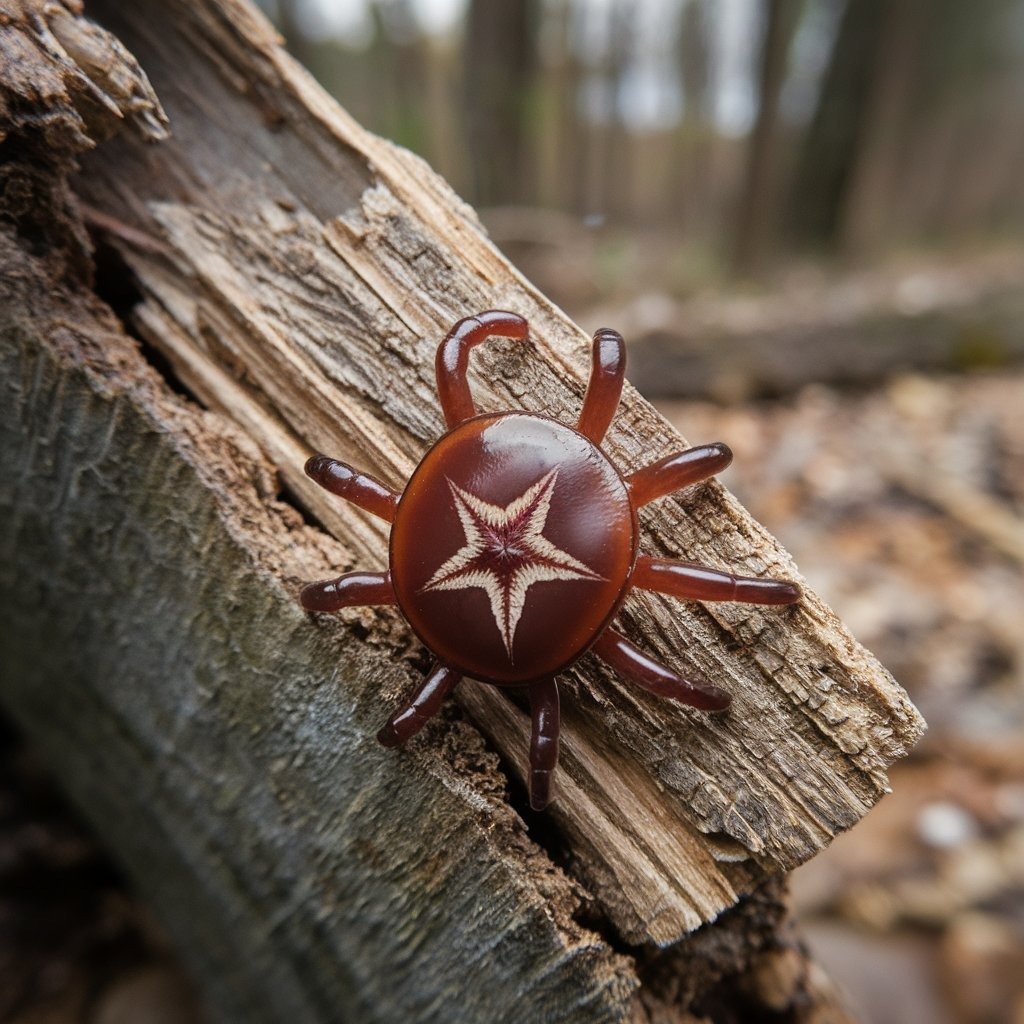Skeeter syndrome is an extremely severe reaction to a mosquito bite. The swellings are sore, tender, red, itchy, and painful at the site of the bite. They can begin hours and last weeks after the bite.
Even though skeeter syndrome is an extreme reaction to a bite, it hasn’t been classified as an autoimmune disorder and is rarely life threatening. Continue reading to learn more about skeeter syndrome, how it is diagnosed, treatment options, and how to prevent skeeter syndrome.
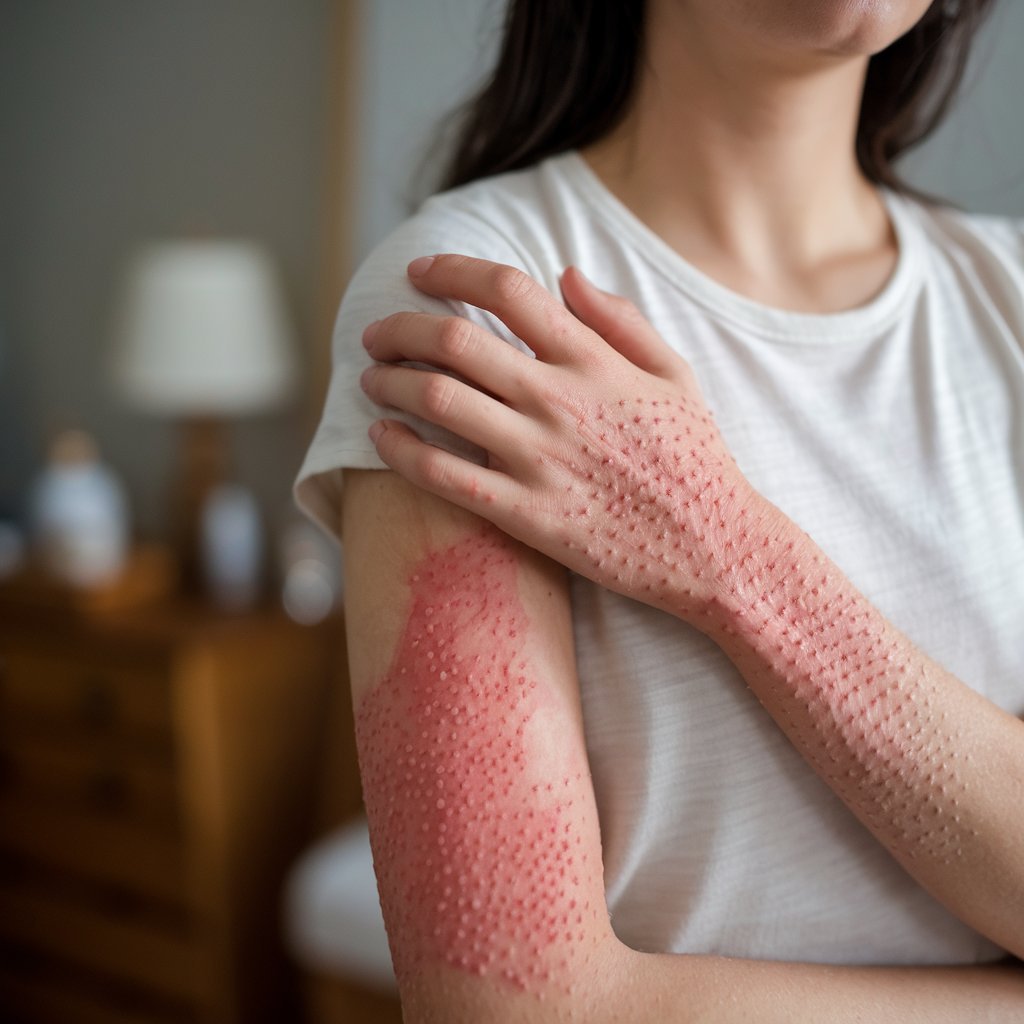
What Are the Symptoms of Skeeter Syndrome?
- Changes in skin texture or temperature (for example, hardness or heat at the site of the bite)
- Itching
- Pain or soreness
- Redness or any other changes in skin color
- Severe swelling
Some evidence goes on to describe how severe these reactions can be. For instance, a person’s face becomes puffy with eyes swollen shut and completely red and swollen limbs. In some extreme cases, bruising and blistering are the result of mosquito bites. A few people even reported having fever, vomiting, or difficulty in breathing.

Skeeter Syndrome vs. Normal Bite
Skeeter syndrome is quite different from a normal reaction to a mosquito bite. A normal reaction will only result in an initial flare of itchy, raised skin. The affected area may progressively harden and get itchier over one to two days
What causes it?
Skeeter syndrome is an allergy to the protein in the salivary secretion of mosquitos. Because male mosquitos do not bite humans, skeeter syndrome occurs as a result of being bitten by the female mosquitos.
Female mosquitoes lay eggs by piercing the skin and sucking blood. In the process, they inject some of their salivae into the skin. The saliva usually causes itching bumps, which are mosquito bites. People suffering from Skeeter syndrome react to saliva more seriously than others.Patients reacting intensely to arthropod saliva tend to get their reactions at minutes to hours after the initial bite. Very few people attend medical facilities complaining of Skeeter syndrome, meaning that healthcare personnel do not understand how many become infected.
Risk Factors
Skeeter syndrome can strike anyone, but some people are at a higher risk of getting it than others. These individuals include:
- Infants and young children
- Individuals who have previously been exposed to few mosquito bites
- The new species encounter can be a major risk factor
- People with a weak immune system
How is Skeeter Syndrome diagnosed?
Health care professionals may easily diagnose skeeter syndrome just through physical examinations and some questioning. For example, the practitioner starts with checking out the mosquito bite to ascertain signs of an overwhelming reaction.
The provider may also ask questions to determine whether you have skeeter syndrome. For example, they may ask if you have a history of severe reactions to mosquito bites or if you have recently traveled to a place where there may be different mosquito species.
Skeeter Syndrome Treatments
Some treatments for skeeter syndrome might be the same as those for insect bites in general, such as
- Taking an oral antihistamine
- Applying hydrocortisone cream to the mosquito bite
- Taking acetaminophen or ibuprofen to treat any pain or a fever
- Using an ice pack for swelling and itching
Prevention
The best way to prevent skeeter syndrome is to avoid mosquito bites. The steps you can take to prevent mosquito bites include:
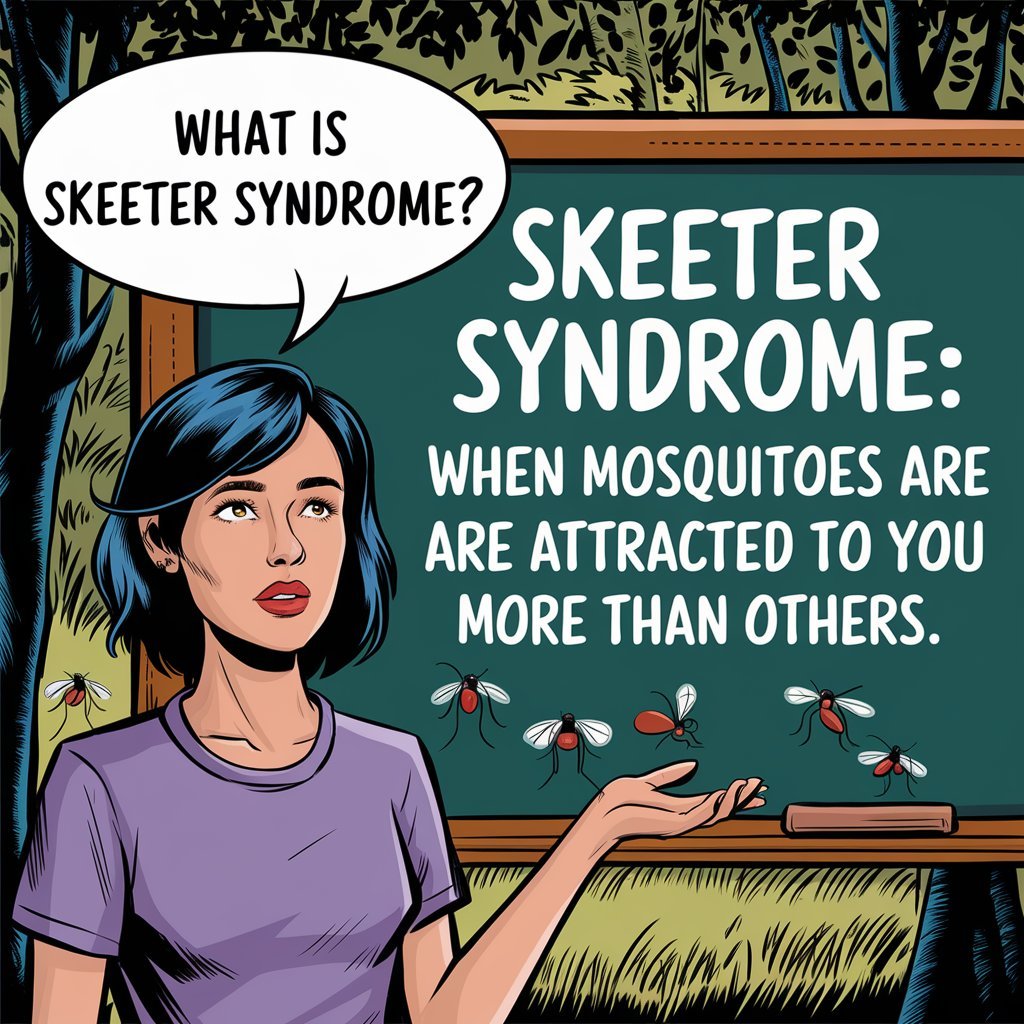
- Use insect repellants
- Wear long-sleeved shirts and long pants to protect exposed skin from mosquitos
- Treat clothes using 0.5% permethrin, which is an insecticide
- Use mosquito nets if you travel to a place without air conditioning or if you are sleeping outside
- Empty water-holding containers such as buckets and plant pots every week.
Related Conditions
It can be hard to tell the difference between skeeter syndrome and skin infections such as cellulitis, a bacterial infection of the skin. Both cause redness, swelling, and pain resulting from bug bites.
You may be able to distinguish between skeeter syndrome and skin infections. Skeeter syndrome occurs immediately, while skin infections typically occur days after a bite or injury.
Consult a healthcare provider if you develop a fever after a mosquito bite or if the bite worsens. The fever may be a sign of a skin infection, so they’ll want to rule it out.
A Quick Review
Skeeter syndrome is a severe reaction that occurs when bitten by a mosquito. You are likely to find a blister at the site, swelling, redness, and heat. The condition is rarely seen and will not kill the patient. For most people, it is treatable at home through topical creams and antihistamines.
You might require allergy injections if skeeter syndrome recurs often. Until then, the best form of prevention to prevent skeeter syndrome is avoidance of mosquito bites in the first place.


